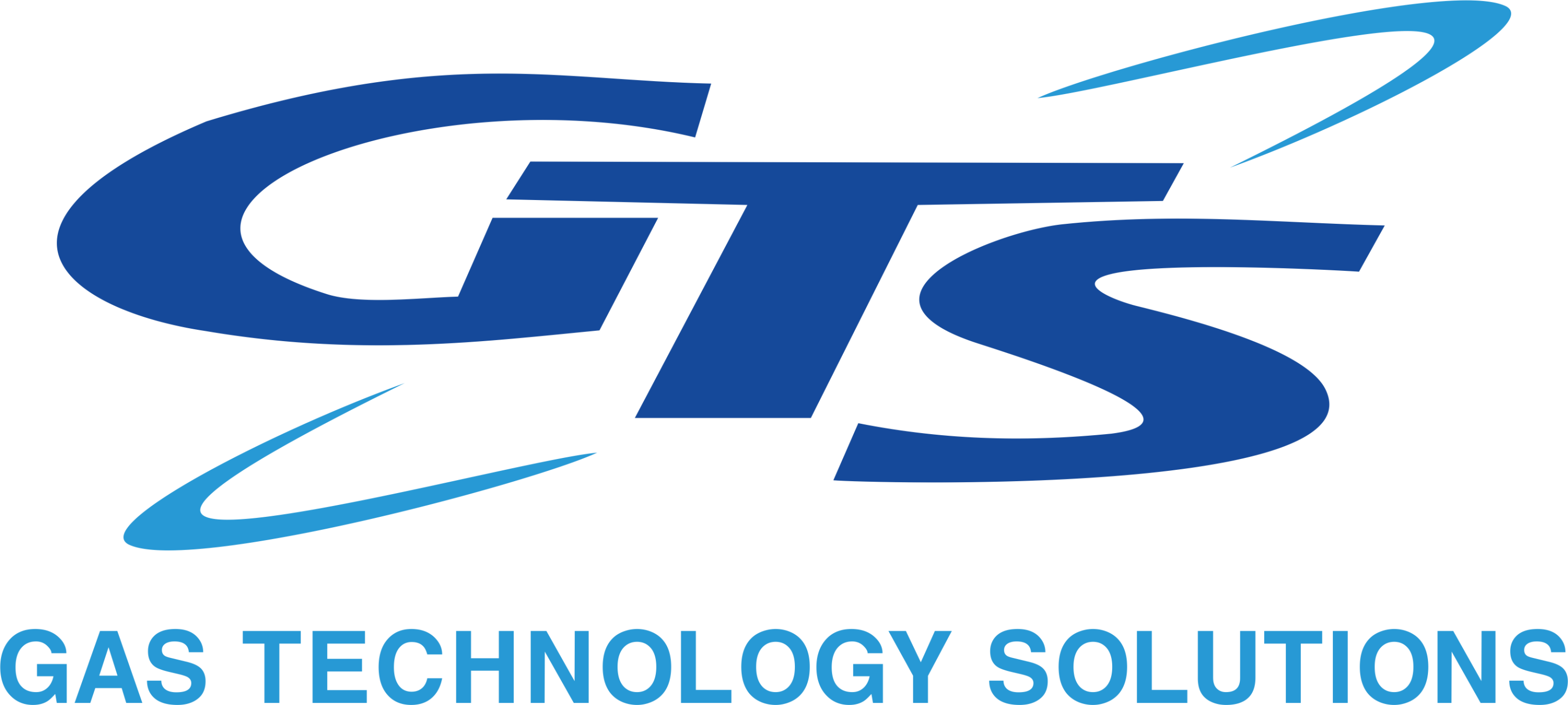Chưa được phân loại
VDR and Data Security
VDRs are a key component of many business processes and are an essential tool for businesses that handle sensitive information. However, they should be viewed as part of a comprehensive security plan for data, which includes regular risk assessments and training, incident response planning along with ongoing monitoring, and the implementation of strong technical controls.
The most obvious reason for implementing the use of a vdr would be to protect private documents during business transactions. A company conducting due diligence on an acquisition or merger will need to make it as simple as possible for the prospective buyer of the documents to examine the documents without worrying about theft or misuse. The need for quick secure sharing of documents can be found in a variety of scenarios. For instance, if legal counsel requires access to documents from the company or audit reports, or a board member who is located far away requires access to critical documents.
Data security features in VDRs include access control, encryption mechanisms, and audit trails to ensure compliance with the requirements of regulatory standards such as GDPR. Many VDRs provide features like dynamic watermarking. This covers confidential documents in http://digitalcloudroom.com/how-to-use-automation-tools-for-your-own-technology-due-diligence/ the form of a marker visible or invisible that can be traced in the event they are released outside of the VDR.
In the event of an incident the detailed logs a vdr stores can help with forensic investigations. They can also help companies determine what data was affected and the manner in which the breach occurred. A vdr can also provide insight into areas that require improvement.
